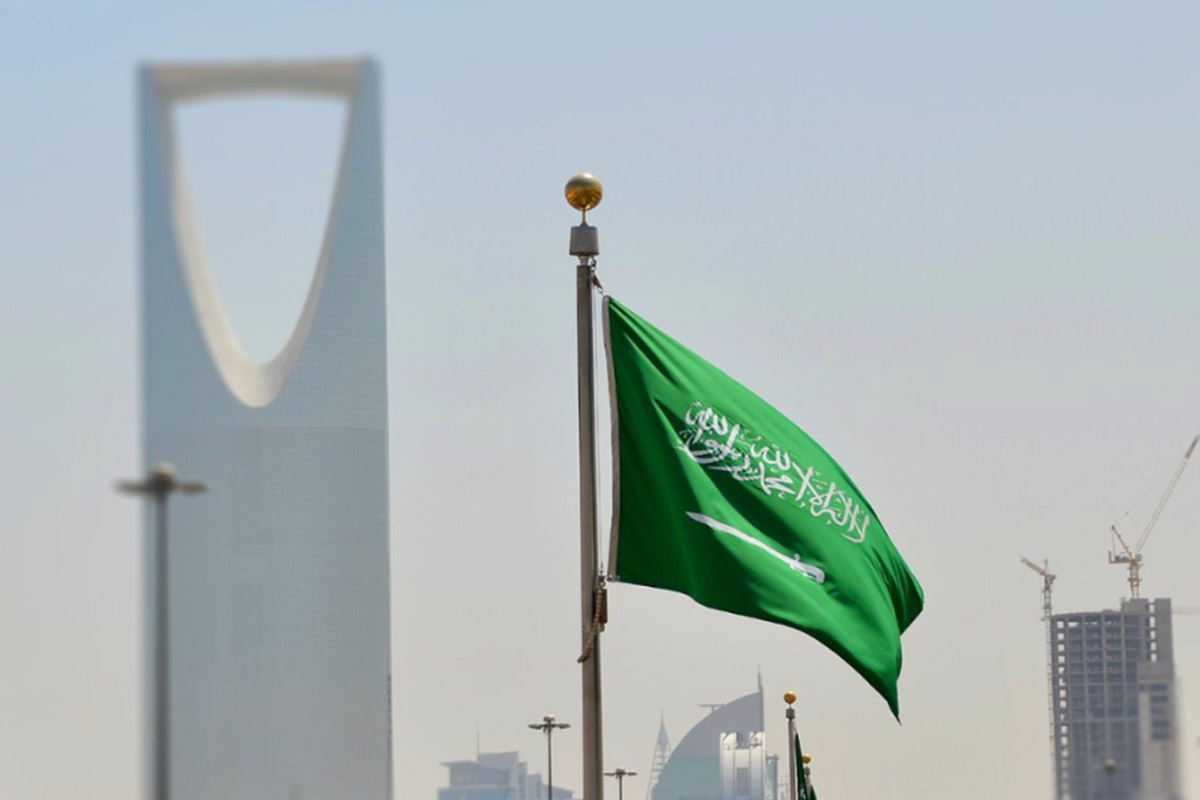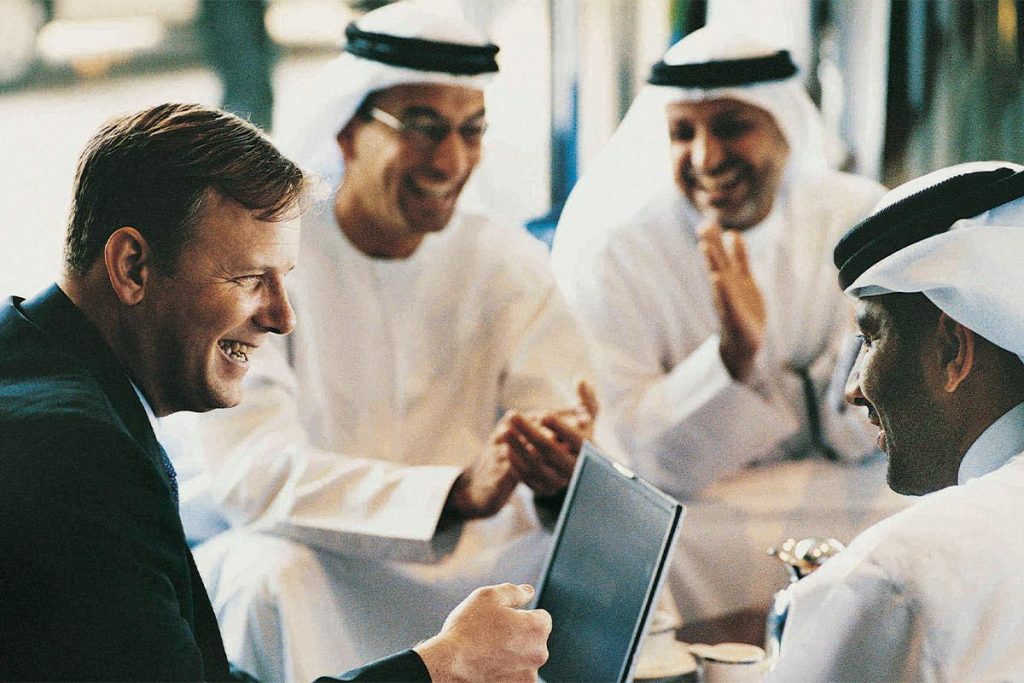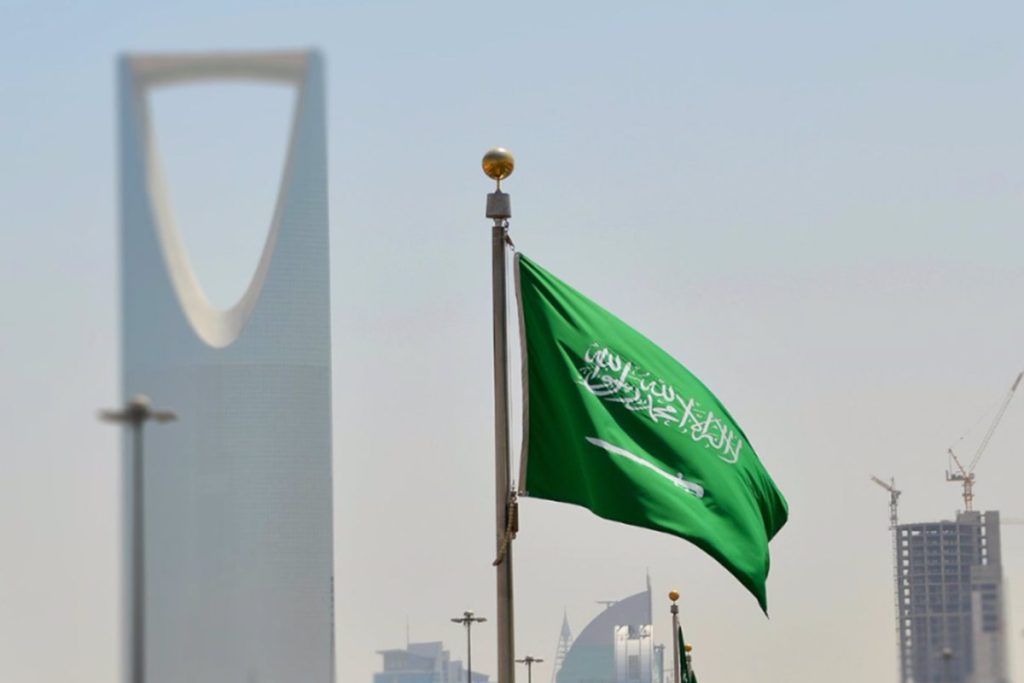+973 3373 3381
Phone Number
setupinsaudiarabia@gmail.com
Email Address
Mon - Thu: 8:00 - 5:00
Working Hours
Phone Number
Email Address
Working Hours
August 11, 2025

Introduction: A Historic $6B Move
The Geopolitical Shift Behind Saudi’s Investment
Key Sectors Targeted in Syria’s Reconstruction
3.1 Transportation & Roads
3.2 Energy Infrastructure
3.3 Housing & Real Estate
3.4 Healthcare Facilities
3.5 Education & Skills Development
The Role of Saudi Arabia in Regional Stability
How This Aligns with Vision 2030’s Diversification Goals
Funding Structure & Implementation Timeline
Key Players & Stakeholders in the $6B Deal
Challenges in Syrian Reconstruction
8.1 Political & Security Risks
8.2 Sanctions & Legal Framework
8.3 Infrastructure Damage Assessment
Opportunities for International Investors
How Saudi Businesses Can Leverage This Investment
Technology’s Role in Modernizing Syrian Infrastructure
Expected Economic Impact on Syria
Saudi-Syria Trade Outlook Post-Investment
Case Studies of Similar Reconstruction Efforts
Investor Entry Strategies & Risk Management
SetupinSA: Facilitating Cross-Border Investments
Conclusion
20 FAQs on Saudi Investments in Syria
Saudi Arabia has committed $6 billion to rebuild critical infrastructure in Syria — a move that signals both a diplomatic thaw and a strategic investment opportunity. This push focuses on repairing war-damaged roads, restoring energy facilities, and reviving housing projects.
This investment is more than humanitarian aid — it’s a calculated economic and geopolitical maneuver to integrate Syria into regional trade corridors, open new markets for Saudi contractors, and strengthen political alliances.
After over a decade of strained relations, Saudi-Syrian ties are on the mend. The investment follows Arab League reintegration talks and reflects a shared interest in stability and economic cooperation.
Key motivations:
Geopolitical Stability: Peaceful Syria means stronger regional trade routes.
Influence in Reconstruction: Saudi firms gain first-mover advantage.
Counterbalance to Rival Influence: Competing with Iranian, Russian, and Chinese projects in Syria.
Saudi investment will prioritize:
Highway reconstruction between Damascus, Homs, and Aleppo.
Bridge rebuilding for agricultural and industrial logistics.
Expanding road links to Jordan, Iraq, and Lebanon.
Impact: Boosts regional trade flow and reduces transport costs for Syrian exporters.
Saudi contractors are set to:
Repair power plants destroyed in the conflict.
Introduce renewable energy pilots (solar farms in southern Syria).
Upgrade transmission grids.
Impact: Stabilizes electricity supply, enabling business revival.
The plan includes:
50,000 new housing units in urban and rural areas.
Urban regeneration projects in Aleppo and Homs.
Affordable housing developments for displaced citizens.
Impact: Restores communities and stimulates the construction supply chain.
Saudi aid will build:
20 new hospitals and refurbish existing ones.
Mobile clinics for rural areas.
Medical supply production partnerships.
Impact: Strengthens Syria’s healthcare resilience and creates local jobs.
Projects will focus on:
Rebuilding schools and universities.
Partnering with Saudi education providers for vocational training.
Introducing Arabic-English bilingual programs to connect Syrian graduates to Gulf job markets.


Saudi Arabia is positioning itself as a stabilizer and bridge-builder in the Middle East. Investments in reconstruction are also soft power tools — projecting Riyadh’s influence in shaping Syria’s post-war trajectory.
This initiative complements Vision 2030 by:
Creating regional supply chain opportunities for Saudi contractors.
Boosting non-oil trade revenues.
Opening investment channels in construction, manufacturing, and education.
Funding Sources:
Saudi Public Investment Fund (PIF) allocations
Saudi Development Fund loans
Private-sector partnerships
Timeline:
2025–2026: Immediate infrastructure repairs
2026–2028: Major housing & energy projects
2028–2030: Long-term economic zone development
Saudi Development Fund (SDF)
Syrian Ministry of Reconstruction
Leading Saudi contractors (ACWA Power, Saudi Binladin Group)
Local Syrian subcontractors
Ongoing security concerns in some regions require careful project planning.
International sanctions may limit banking and insurance operations.
War damage has left over 60% of infrastructure unusable in some cities, requiring high-cost recovery.
Construction Partnerships: Collaborate with Saudi-led projects.
Technology Providers: Offer smart city and renewable energy solutions.
Logistics & Transport Firms: Develop routes linking Syria with Gulf markets.
Secure exclusive supply contracts for construction materials.
Establish joint ventures with Syrian firms.
Target hospitality and retail as cities recover.
Saudi projects will integrate:
Smart energy grids
IoT-enabled construction monitoring
Digital healthcare solutions
GDP boost from foreign investment
Job creation across skilled and unskilled sectors
Revitalization of manufacturing
Post-project trade could include:
Agricultural exports to Saudi Arabia
Machinery and material imports from Saudi Arabia
Post-war Iraq: Saudi-funded housing and schools
Lebanon post-2006: Saudi-backed rebuilding of key infrastructure
Partner with Saudi firms to navigate local challenges.
Conduct risk assessments on political developments.
Use SetupinSA advisory services for compliance and partnerships.
SetupinSA helps:
Secure licenses for operating in Syria via Saudi partnerships.
Structure Shariah-compliant investment models.
Offer due diligence on project feasibility.
1. What is the main focus of Saudi’s investment?
The $6 billion investment primarily targets rebuilding essential infrastructure in Syria, such as roads, energy systems, housing, hospitals, and schools. It’s aimed at restoring economic activity and improving living conditions for Syrians.
2. Which sectors will get the most funding?
The largest share is expected to go into transportation networks, energy infrastructure (including renewables), and large-scale housing projects, followed by healthcare and education facilities.
3. How does this align with Vision 2030?
The initiative supports Vision 2030 by boosting Saudi’s regional trade influence, diversifying income beyond oil, and positioning the Kingdom as a leader in regional stability and economic development.
4. Can foreign companies participate?
Yes, foreign firms can participate by partnering with Saudi contractors or through joint ventures. However, compliance with Syrian laws, Saudi regulations, and international sanctions is crucial.
5. What are the main risks?
Risks include political instability, security concerns in certain regions, sanctions-related restrictions, and logistical challenges due to damaged infrastructure.
6. Who manages the funding?
The funding is jointly managed by the Saudi Development Fund, Public Investment Fund (PIF), and other government-backed financing bodies in coordination with the Syrian government.
7. Will Saudi labor be involved in Syria?
Yes, skilled Saudi project managers and engineers will likely oversee key phases, but much of the labor will come from local Syrian workers to boost employment.
8. How will this impact Syrian GDP?
The reconstruction effort could significantly increase Syria’s GDP by restoring industrial capacity, boosting trade, and creating thousands of jobs in construction, manufacturing, and services.
9. Are projects Shariah-compliant?
Yes, funding structures and partnerships will follow Shariah-compliant financing models, avoiding interest-based transactions and prohibited industries.
10. Can Syrian firms partner with Saudi ones?
Yes, local Syrian companies are encouraged to partner with Saudi contractors for supply, construction, and service provision, helping to ensure on-ground efficiency.
11. What is the role of PIF in this?
PIF will act as a major investor and strategic project coordinator, ensuring that investments align with long-term Saudi economic interests and Vision 2030 objectives.
12. Will housing be affordable?
A portion of the housing projects is dedicated to affordable housing for displaced families, while other developments will target middle-income households.
13. How will healthcare improve?
Saudi investments will fund hospital construction, refurbishment of existing clinics, and the provision of medical equipment, along with training programs for Syrian healthcare professionals.
14. Will education include Saudi curriculums?
Some vocational training and higher education initiatives may incorporate Saudi-led curriculums, especially in technical, engineering, and business-related fields.
15. How does this affect regional trade?
Repaired transport corridors will allow Syria to become a key link between the Gulf, Levant, and Europe, reducing costs and increasing the speed of goods movement.
16. Will Saudi tourism companies enter Syria?
Possibly in the long term, once stability is secured. Historic cities like Damascus and Aleppo could become part of regional tourism circuits with Saudi investment in hospitality infrastructure.
17. What renewable projects are planned?
Pilot solar farms, hybrid energy grids, and energy efficiency upgrades for public buildings are among the renewable initiatives Saudi Arabia plans to introduce in Syria.
18. Are there opportunities for SMEs?
Yes, SMEs can benefit through subcontracting, supply chain services, equipment leasing, and technology support for large infrastructure projects.
19. How long will reconstruction take?
The plan spans 2025–2030, with urgent infrastructure repairs in the first two years and larger-scale urban and economic development in later phases.
20. How can SetupinSA assist investors?
SetupinSA can help investors navigate legal frameworks, secure necessary licenses, structure Shariah-compliant financing, and connect with vetted Saudi-Syrian project partners.
Do not hesitate to contact us. We’re a team of experts ready to talk to you.
From securing an audited company profile, handling all document attestations, and obtaining approvals from MISAto issuing your Commercial Registration, we handle the entire business setup — quickly, efficiently, and without hassle.
Hassle-free company setup in Saudi Arabia—legal structure, registration, and approvals, all handled for you.
Fast corporate and personal bank account opening with trusted local and international banks.
Stay compliant with VAT, Zakat, and tax filings—we handle it all accurately and on time.
Quick and seamless MISA license approvals for foreign investors to start operations in Saudi Arabia.
Visa processing, renewals, and government approvals—so you can focus on your business, stress-free.
Our expert pro services include visa processing, government relations, & renewals etc.
1. We Understand the Process, So You Don’t Have To
Navigating the regulations in Saudi Arabia can be complex. That’s why our experts handle all the paperwork, approvals, and formalities on your behalf.
2. Tailored Solutions for Every Business
Whether you’re a startup or an international corporation, our services are customized to fit your unique needs.
3. Your Success Is Our Priority
From the moment you contact us, your goals become our mission. We pride ourselves on fast results and exceptional service.